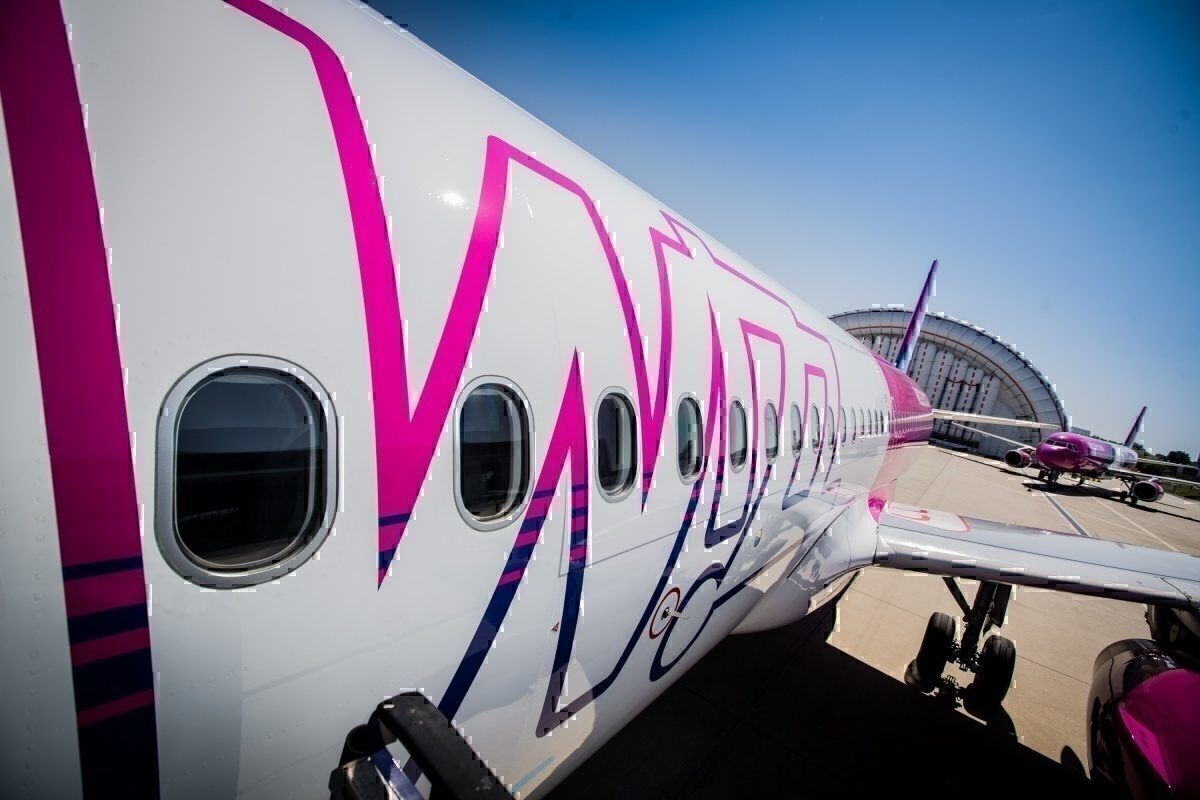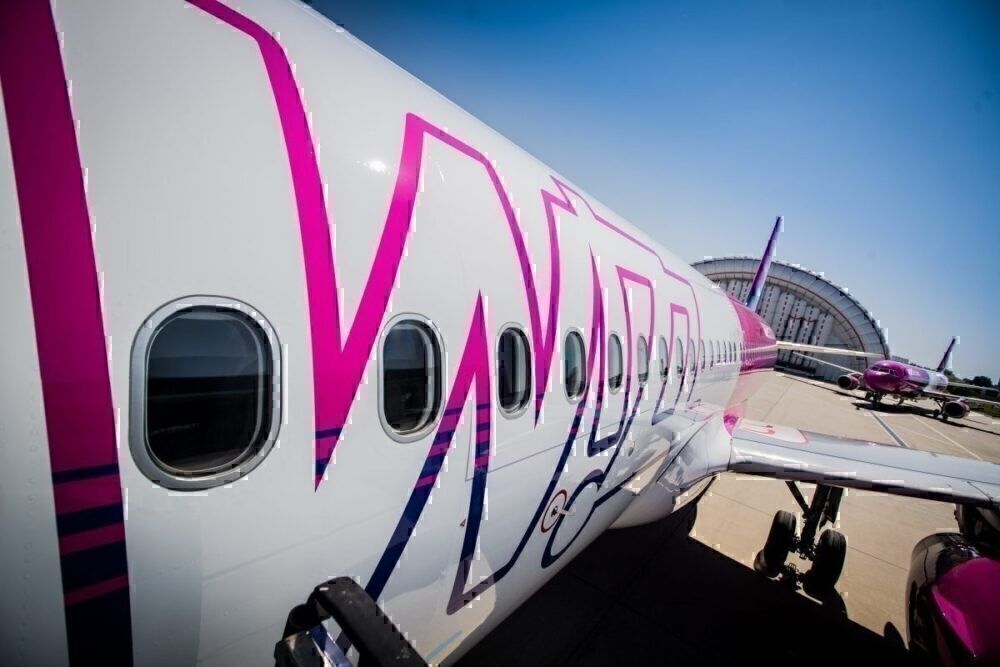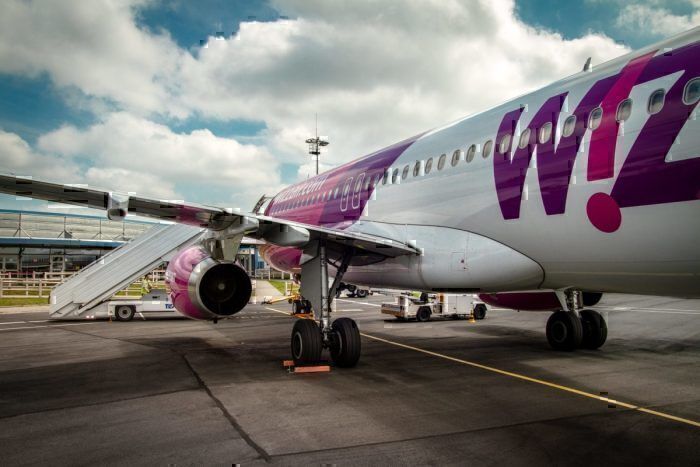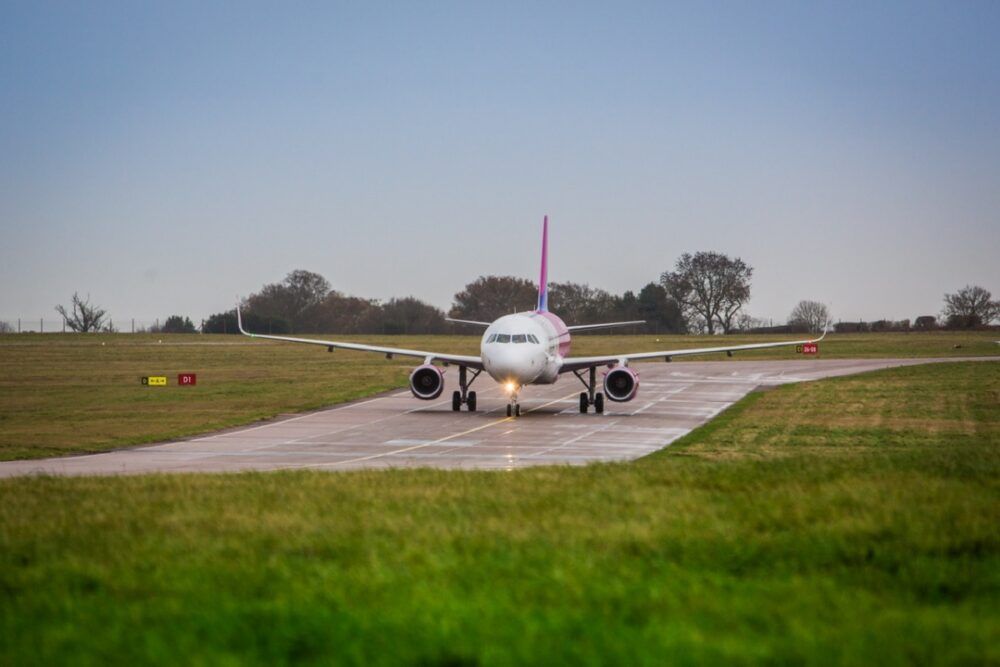Since Greece reopened its borders to UK tourists in July, it has proven a popular holiday destination for anyone looking to enjoy a summer holiday. Greece requires an entry form to be filled out before arriving in the country rather than a quarantine period, adding to its recent popularity. However, many have fallen foul of the form, resulting in 28 passengers being removed from just one Wizz Air flight to Athens on July 8th.
Wizz Air confirmed in a statement that 28 passengers were offloaded from its flight W94467 from London Luton to Athens. The airline said this was "a result of having no Passenger Locator Form (PLF), mistakes on their form, or insufficient detail on their form, such as missing middle names."
One passenger said he and his partner were denied their flight because the form did not include their middle initial. The airline still refused to allow them to fly even after they had provided evidence that the middle initial was optional when filling in the form. The passenger, Mr Young, told the Independent that "even after showing them on my phone, a new form where it clearly said the middle name was optional", they were still denied.
Stay informed: Sign up for our daily aviation news digest.
Passenger Locator forms
Greece requires passenger locator forms to be filled in before a passenger arrives in Greece. Once the forms are completed, each passenger receives a confirmation email the day before the flight is due to operate. This confirmation form must be presented at the airport before boarding a flight. Upon arrival, authorities scan a QR code on the document. However, Wizz Air removed 1 in 6 passengers on a single flight for incorrectly filling in the forms.
The forms are used to keep track of tourists entering the country. They are also used by Greek authorities to contact tourists who may have visited areas where virus cases increase. In this way, the authorities can trace the virus and prevent further outbreaks.
Legal issues
Wizz Air has said that the responsibility of filling in the form lies with the passenger, and it has the right to refuse to carry passengers without the correct documentation. The airline is not required to provide any compensation or refund tickets in these cases.
According to European law, passengers who have the correct documentation and are denied boarding can apply for up to €400 compensation. They can also ask for money to cover extra travel costs. For Mr Young and his partner, they spent over £100 on a taxi to get to the airport. If passengers can prove that omitting their initial did not render the document incorrect, they may have a legal case.
The case deepened when, at the start of this month, the Greek authorities issued a NOTAM A2235/20, which prevented Wizz Air from operating flights to Athens. Greece said this was because the airline had failed to check all passengers for the locator forms. This goes against reports that the airline was removing passengers from flights.
The following day, Wizz Air announced the two-week ban had been lifted. At the time of publication, Wizz Air has not responded to our request for comment.
What do you think? Is Wizz Air pedantic, or is it better to be cautious? What do you think of the ban? Let us know your thoughts in the comments.




